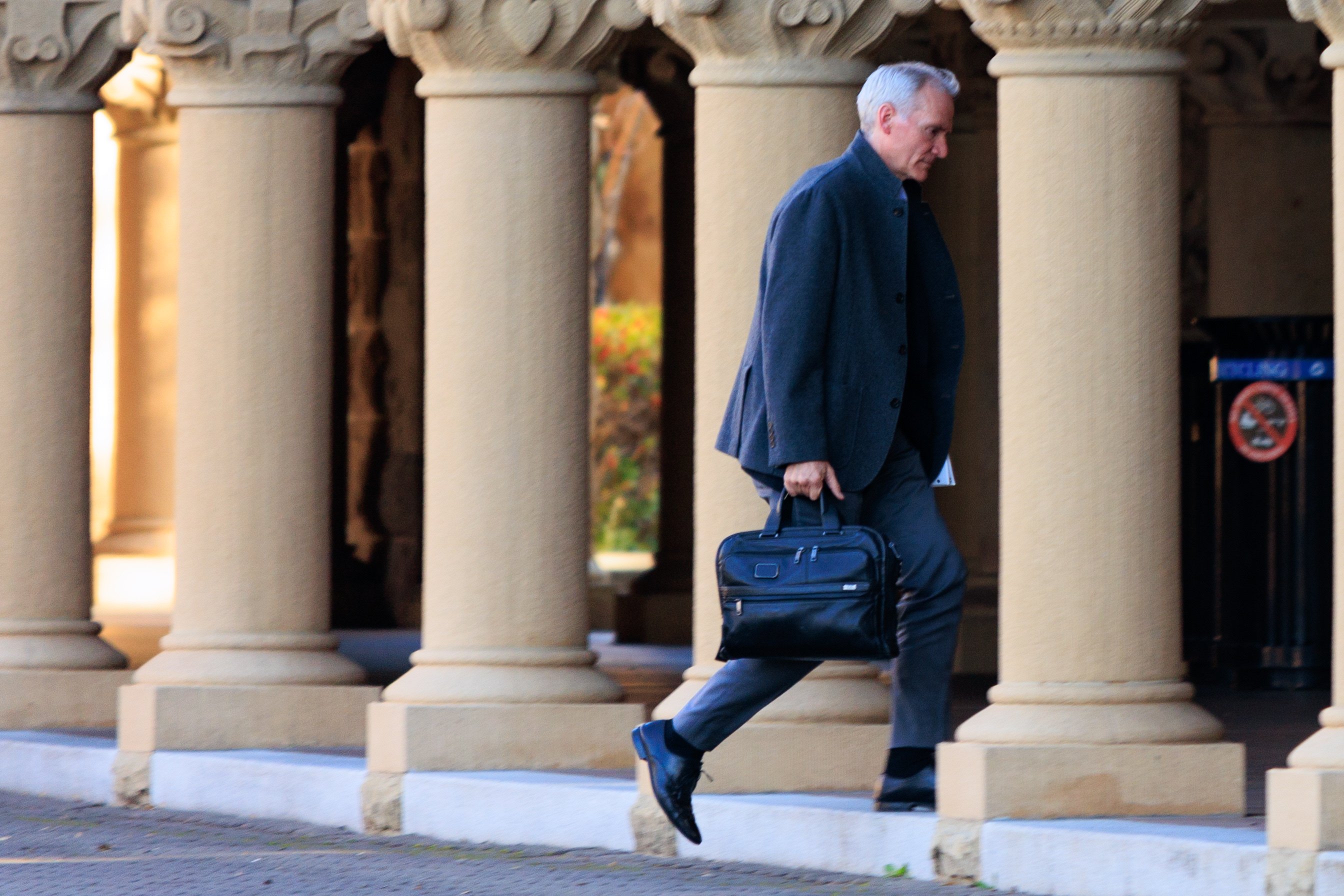CaptRenault
Well-known member
I'm sure this could never happen at Wake Forest! Or could it?

 stanforddaily.com
stanforddaily.com

Stanford president resigns over manipulated research
Stanford President Marc Tessier-Lavigne will resign effective Aug. 31. He will also retract or issue lengthy corrections to five widely cited papers for which he was principal author after a Stanford-sponsored investigation found “manipulation of research data.”
Stanford President Marc Tessier-Lavigne will resign effective Aug. 31, according to communications released by the University Wednesday morning. He will also retract or issue lengthy corrections to five widely cited papers for which he was principal author after a Stanford-sponsored investigation found “manipulation of research data.”
According to Jerry Yang, chair of the Stanford Board of Trustees, Tessier-Lavigne will step down “in light of the report and its impact on his ability to lead Stanford.” Former Dean of Humanities Richard Saller will serve as interim president. In a separate statement, Tessier-Lavigne defended his reputation but acknowledged that issues with his research, first raised in a Daily investigation last autumn, meant that Stanford requires a president “whose leadership is not hampered by such discussions.”
“At various times when concerns with Dr. Tessier-Lavigne’s papers emerged—in 2001, the early 2010s, 2015-2016, and March 2021—Dr. Tessier-Lavigne failed to decisively and forthrightly correct mistakes in the scientific record,” Stanford’s report said, identifying a number of apparent manipulations in Tessier-Lavigne’s neuroscientific research.
The report concluded that the fudging of results under Tessier-Lavigne’s purview “spanned labs at three separate institutions.” It identified a culture where Tessier-Lavigne “tended to reward the ‘winners’ (that is, postdocs who could generate favorable results) and marginalize or diminish the ‘losers’ (that is, postdocs who were unable or struggled to generate such data).”
The report concluded there was no evidence that Tessier-Lavigne himself manipulated data in the papers reviewed, nor that he knew about manipulation at the time. But the report noted Tessier-Lavigne “has not been able to provide an adequate explanation” for why he did not correct the scientific record when presented the opportunity on multiple occasions.
“I am gratified that the Panel concluded I did not engage in any fraud or falsification of scientific data,” Tessier-Lavigne said in a written statement. He acknowledged that “the report identified some areas where I should have done better, and I accept the report’s conclusions.”
The report identified “repeated instances of manipulation of research data and/or subpar scientific practices from different people and in labs run by Dr. Tessier-Lavigne at different institutions.”
Retracting a paper is a rare act, especially for a scientist of Tessier-Lavigne’s stature. A database of retractions shows that only four in every 10,000 papers are retracted. The move is saved for when there is “clear evidence that the findings are unreliable,” according to guidelines from the nonprofit Committee on Publication Ethics. Tessier-Lavigne had claimed repeatedly last autumn that the issues in his studies “do not affect the data, results or interpretation of the papers.”
For several papers worthy of retraction to have been principally authored by the same scientist represents “unusual frequency of manipulation of research data and/or substandard scientific practices,” the investigation concluded. Tessier-Lavigne is expected to retract or issue robust corrections to at least five papers in response to concerns he had not addressed for years, including a widely publicized study that he once claimed “turnour current understanding of Alzheimer’s on its head.”
Stanford’s report, released in a 95-page document Wednesday morning, is the work of Mark Filip, a former deputy attorney general contracted by a special committee of the Stanford Board of Trustees to review allegations first identified in Daily reporting last November. Filip drafted several high-profile scientists, including Nobel laureate Randy Schekman, former Princeton president Shirley Tilghman, former Harvard provost Steve Hyman and two other members of the National Academies.
The investigation took eight months, with one member stepping off after The Daily revealed that he maintained an $18 million investment in a biotech company Tessier-Lavigne cofounded. Reporting by The Daily this week shows that some witnesses to an alleged incident of fraud during Tessier-Lavigne’s time at the biotechnology company Genentech refused to cooperate because investigators would not guarantee them anonymity, even though they were bound by nondisclosure agreements...
